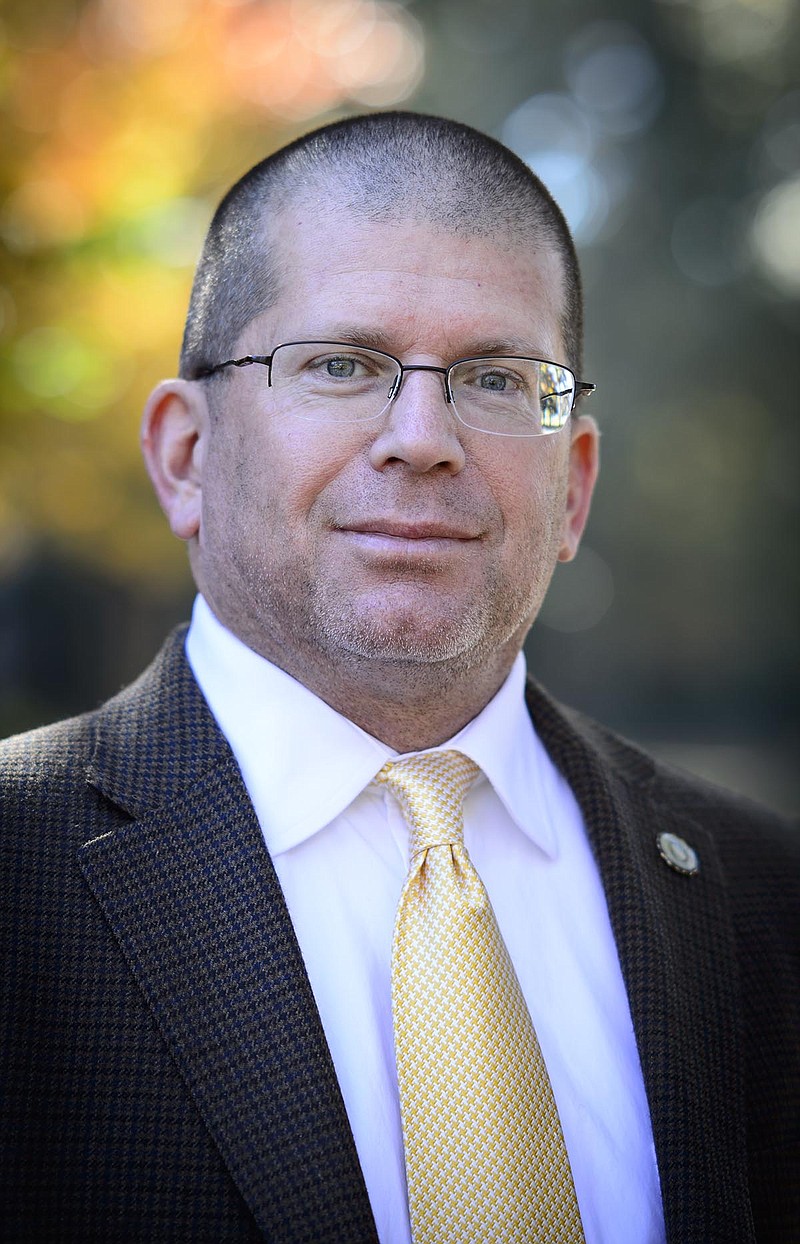View other columns by Mark Kennedy
If necessity is the mother of invention, Brian Carroll's mastery of baseball history is proof.
While he was a graduate student at the University of North Carolina at Chapel Hill in 2001, Carroll needed a topic for a research paper - and he needed it immediately.
"[I] had a paper due the next day, and I was panicking," remembers Carroll, who is now a professor of communications and department head at Berry College in Rome, Ga. "I thought to myself: 'What are the things I love?' And baseball came to mind."
Carroll examined historical documents on the Major League Baseball Hall of Fame website and was intrigued by the story of Wendell Smith. Smith, a sportswriter for the influential black newspaper the Pittsburgh Courier, is credited with helping to pave the way for Jackie Robinson to break Major League Baseball's color barrier with the Brooklyn Dodgers in 1947.
Carroll, an award-winning writer specializing in baseball history, came to see Smith and Robinson as part of a great historical paradox. Baseball's Negro League team owners and the publishers of black newspapers had to essentially sabotage their own business models to push for integration of Major League Baseball - a
slow process that would not be complete for a full generation after Robinson joined the Dodgers.
Carroll's college research paper spawned a dissertation, which, in turn, begat two books on the subject. In his new academic book, "The Black Press and Black Baseball, 1915-1955: A Devil's Bargain," Carroll looks back at a period of American sports history when black professional baseball leagues rivaled the all-white major leagues in talent and fan support. Meanwhile, black newspapers of the era counted on the Negro Leagues to drive readership and revenue.
"Both were primary economic institutions for the black community of that period," says Carroll, who notes that much of the black middle class in the first half of the 20th century was tied to one of four professions: insurance sales, funeral home management, journalism and baseball.
At its peak, black professional baseball gave birth to stars such as Satchel Paige, who got his start with the Chattanooga Black Lookouts in 1926 and is considered one of the best pitchers in baseball history, and Josh Gibson, perhaps the best pure power hitter ever to step up to the plate. Such was Gibson's prowess - he once hit a baseball completely out of Yankee Stadium - that in the black community Babe Ruth came to be known as the "white Josh Gibson."
In the heyday of the Negro Leagues, which flourished in the industrial Midwest and Northeast in the 1930s and 1940s, an annual East-West Classic black all-star game would sell out Comiskey Park on Chicago's south side every summer.
"Trains would set up special lines to run to Chicago for the game," Carroll says. "Families in black communities would plan big trips, major vacations [to Chicago]. They would stay in nice hotels, do their big shopping for the year and wear their finest clothes to the game."
Carroll says owners of Negro League teams hoped for a racial integration of professional baseball leagues from the beginning, but they envisioned that entire black teams would be invited to join the major leagues. As it happens, Robinson's recruitment by the Brooklyn Dodgers started a slow trickle of black players into the major leagues that slowly bled the Negro League teams of their best talent.
"Jackie Robinson was essentially stolen from the Kansas City Monarchs," says Carroll, noting that owners of black teams did not fight the exodus because they favored integration of the sport.
Black newspapers lost in the bargain, too.
"They [black papers] helped run the [Negro] Leagues. They helped draft the teams. The reporters were the official scorers at games," Carroll says. "They were hard-wired into the economic fabric of the league."
Eventually players such as Robinson flourished in the major leagues, and Wendell Smith became a columnist for the white-owned Chicago American. Meanwhile, over time, the total number of blacks getting paid to play baseball plunged as the Negro Leagues folded in the 1950s, and the black newspapers lost a significant part of their revenue.
Sacrifice for the greater good is the story uncovered by Carroll's new book - sacrifice that forever changed the face of America's Pastime.
Contact staff writer Mark Kennedy at mkennedy@timesfree press.com or 423-645-8937.

